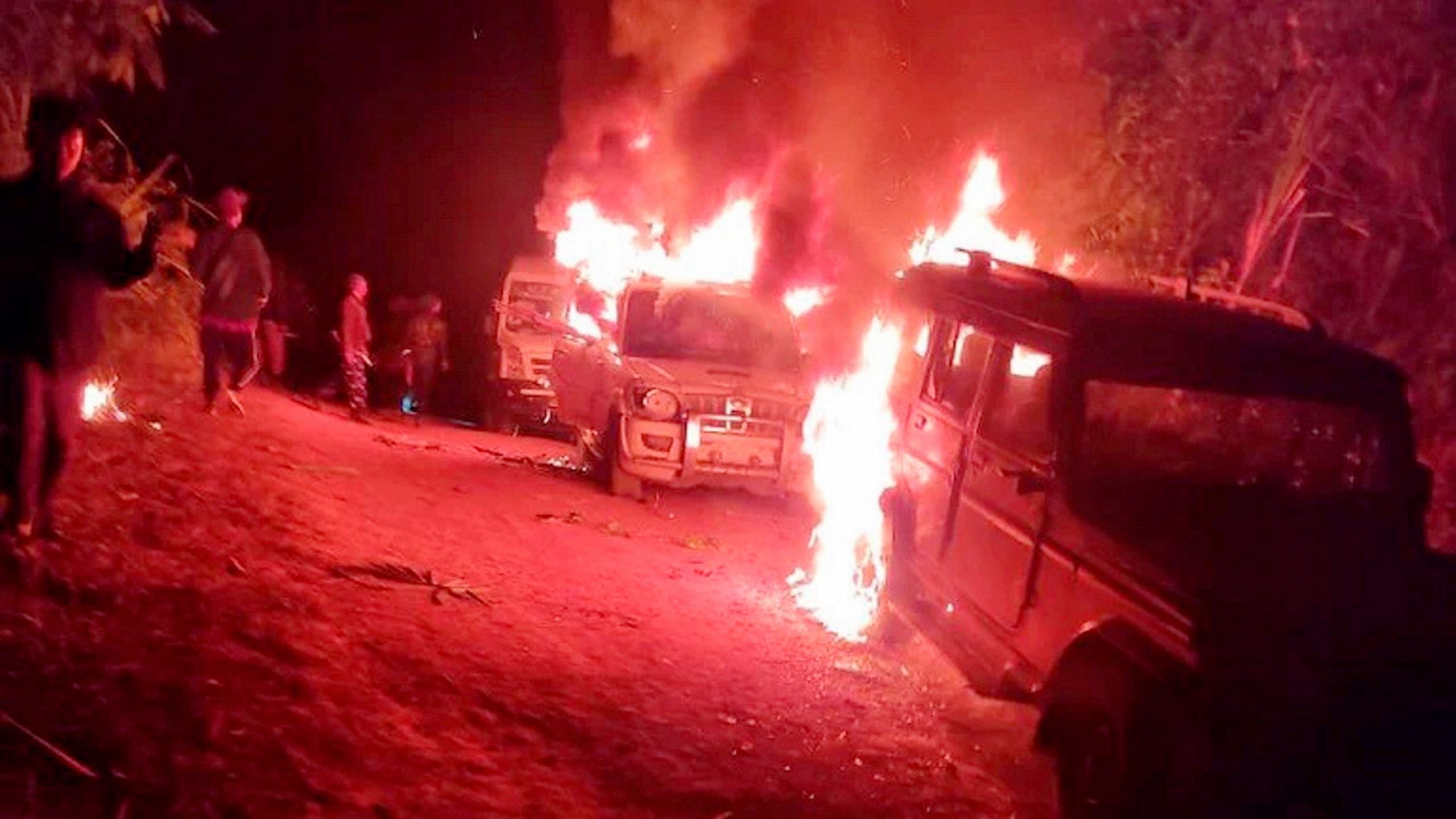The botched
counter-insurgency operation in Nagaland on Saturday and the resultant outrage
has led to the state government to ask the Centre to repeal the Armed Forces Special
Powers Act (AFSPA), a law that gives sweeping powers to the Army in disturbed areas,
according to an NDTV report. The decision was taken in an “urgent meeting”
convened by the Nagaland cabinet.
The state has also
decided to call of Nagaland’s famous 10-day Hornbill Festival as a result of
the protests sweeping the state following the death of 14 civilians. On Monday,
Nagaland Chief Minister Neiphuo Rio, speaking at the funeral of the dead civilians,
said AFSPA must be removed because it has become a cause of pain in his state.
“AFSPA gives powers
to the Army to arrest civilians without any arrest warrant, raid houses and
also kill people. But there is no action against the security forces. They have
created a law-and-order situation,” the Chief Minister said.
Also Read | Botched op and local rage: All you need to know about Nagaland killings
Nagaland CM
Neiphuo Rio is a part of the BJP-led National Democratic Alliance (NDA) and as
such, the appeal to repeal AFSPA has come as a surprise. What is even more
surprising is that Meghalaya Chief Minister Conrad Sangma, also a BJP ally has
echoed the Nagaland CM’s sentiments on AFSPA.
AFSPA has been in force
in India’s north-eastern states for years in a bid to battle insurgency. AFSPA
is a legislation that grants armed forces “special powers” which are designated
by the government to control “disturbed areas”.
Under the
provisions of AFSPA, armed forces are allowed to conduct searches without
warrant, arrest any person who committed a cognizable offence and even open
fire. In all such case, the armed forces have immunity from being prosecuted.
AFSPA is currently
in effect in Nagaland, Manipur, Assam, parts of Arunachal Pradesh and Jammu and
Kashmir.







